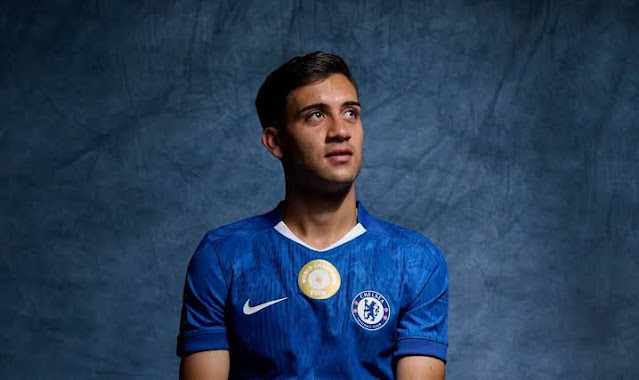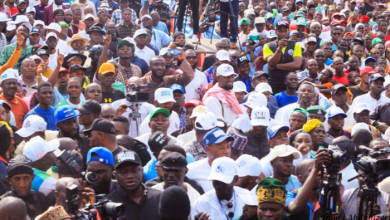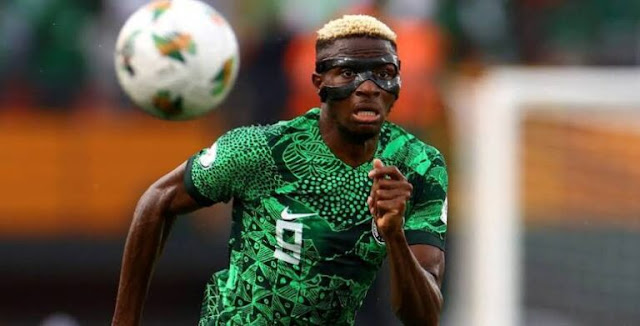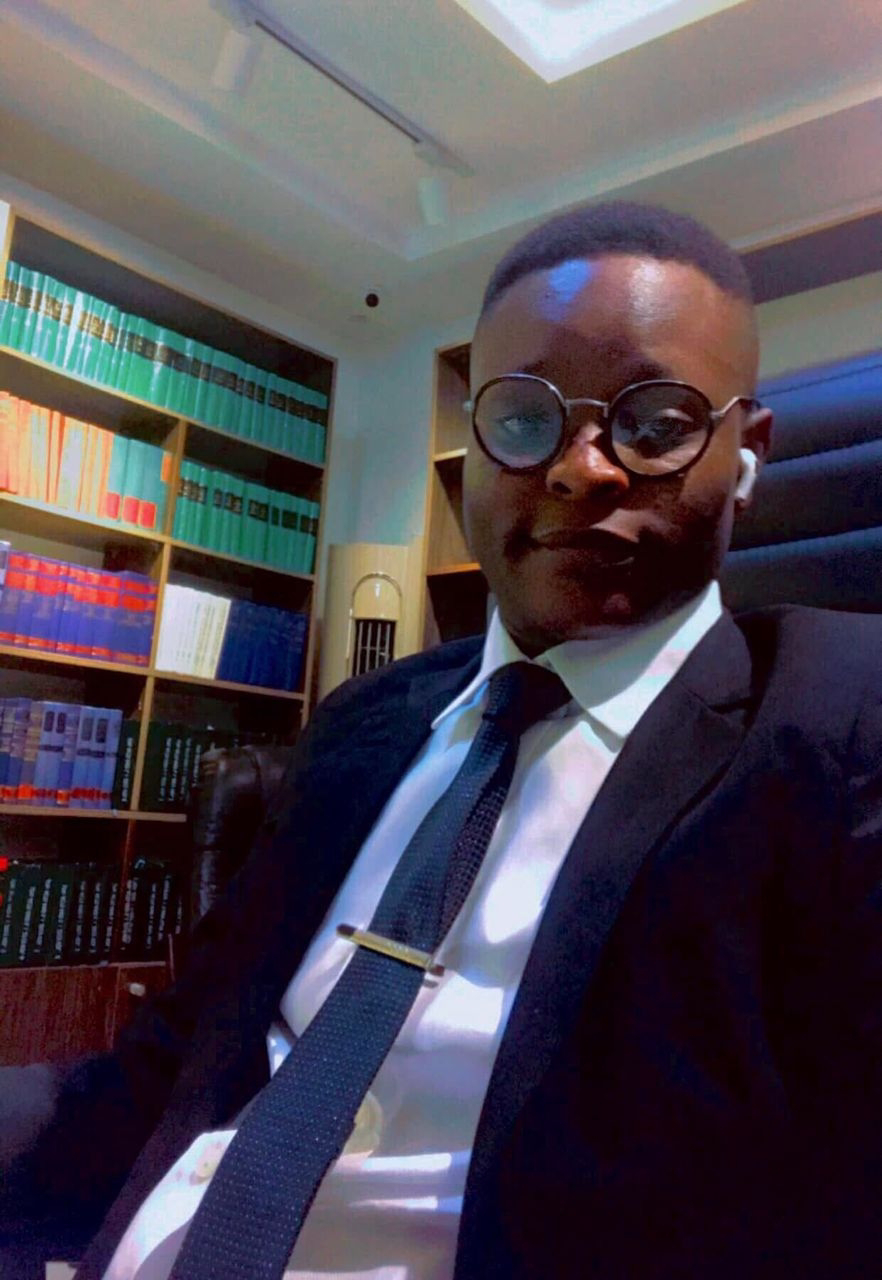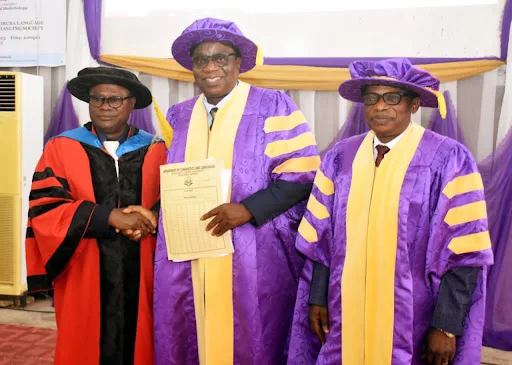In a twist that has left football fans and pundits buzzing, Facundo Buonanotte, Chelsea Football Club’s deadline-day loan signing from Brighton & Hove Albion, found himself at the center of an embarrassing situation just days after expressing his excitement about playing in the UEFA Champions League. The 20-year-old Argentine attacking midfielder, who joined the Blues on a season-long loan, was left out of Chelsea’s 23-man squad for the 2025/26 Champions League league phase, a decision that starkly contrasted his enthusiastic comments in his debut interview with the club. The omission has sparked widespread discussion about Chelsea’s squad management, Buonanotte’s role at the club, and the pressures faced by young players in the high-stakes world of professional football.
The Incident: A Dream Deferred
Facundo Buonanotte’s arrival at Chelsea was announced with much fanfare on September 1, 2025, as the club finalized a £2 million loan deal to bring the versatile attacker from Brighton. The move, which saw Chelsea hijack a potential loan transfer to Leeds United, was seen as a coup for the Blues, who were looking to bolster their attacking options for a demanding season across multiple competitions. In his first interview with Chelsea’s media team, Buonanotte radiated optimism and ambition, describing his move to Stamford Bridge as “a great step in my career” and expressing particular excitement about the prospect of playing in the Champions League for the first time.
“I’m really happy to be here and ready to offer as much as I can to the team and the staff,” Buonanotte said in the interview, which was widely shared across social media and sports news platforms. “Of course, I’ll get the opportunity to play in the Champions League for the first time, which will be a great challenge. I’m really looking forward to this season and hopefully I can help the club to achieve its goals.”
Just two days later, on September 3, 2025, Chelsea released their 23-man squad for the Champions League league phase, and Buonanotte’s name was conspicuously absent. The decision sent shockwaves through the football world, as fans and analysts alike pointed out the irony of Buonanotte’s exclusion following his public enthusiasm for European competition. Social media platforms, particularly X, lit up with reactions, ranging from sympathy for the young player to criticism of Chelsea’s squad selection process. The hashtag #BuonanotteSnub trended briefly, reflecting the public’s fascination with the story.
Chelsea’s squad for the Champions League included high-profile summer signings such as Joao Pedro, Liam Delap, Jorell Hato, Dario Essugo, Jamie Gittens, and Alejandro Garnacho, but Buonanotte was left off both List A and List B, dashing his immediate hopes of European action. The decision was particularly surprising given that Chelsea could have registered up to 25 players but were limited to 24 due to having only three club-trained players—Reece James, Trevoh Chalobah, and Levi Colwill—instead of the required four.
Buonanotte’s Journey: From Rosario to Stamford Bridge
To understand the significance of this moment, it’s worth exploring Facundo Buonanotte’s background and the path that led him to Chelsea. Born on December 23, 2004, in Rosario, Argentina, Buonanotte grew up in a city steeped in footballing tradition, known for producing legends like Lionel Messi and Angel Di Maria. From a young age, Buonanotte was drawn to the sport, idolizing Messi and dreaming of following in his footsteps. “Rosario is a football-first city,” Buonanotte said in an interview with Chelsea’s official website. “I’m very proud to have my roots in Rosario, and people live for football there.”
Buonanotte’s professional career began with Rosario Central, where he made his senior debut in February 2022 at the age of 17. His performances quickly caught the eye of European scouts, and in January 2023, he made the bold decision to join Brighton & Hove Albion in the English Premier League. The move to England was a significant adjustment for the young Argentine, who faced challenges adapting to a new culture, language, and the physical demands of English football. “It was a bit of a shock when I first moved to the UK,” Buonanotte admitted. “It was difficult moving at the start. It was a different culture, a different language, and different weather.”
Despite these challenges, Buonanotte thrived at Brighton, making 50 appearances and scoring five goals across all competitions during his 18 months with the club. His versatility, quick feet, and ability to play as a No. 10 or on the wing made him a valuable asset. In the 2024/25 season, he was loaned to Leicester City, where he scored six goals and provided three assists in 35 appearances, despite the team’s relegation from the Premier League. His performances at Leicester showcased his potential, and Brighton manager Fabian Hurzeler described the Chelsea loan as “a great opportunity for Facundo to play regular Premier League and Champions League football this season and further his development.”
Buonanotte’s move to Chelsea was seen as a chance to take his career to the next level. The club, under head coach Enzo Maresca, was undergoing a significant overhaul, with a focus on young, dynamic players to complement established stars like Cole Palmer and Enzo Fernandez. Chelsea’s interest in Buonanotte was driven in part by their familiarity with the player, as several staff members, including co-sporting director Paul Winstanley and director of global recruitment Sam Jewell, had worked with him at Brighton. The £2 million loan fee was a low-risk investment for a player with “great potential,” as Hurzeler noted, and there was no option or obligation to make the move permanent.
The Champions League Snub: A Tactical Decision or Oversight?
The decision to exclude Buonanotte from Chelsea’s Champions League squad has been described as “brutal” and “embarrassing” by various media outlets, given the timing of his optimistic interview. But what led to this surprising move? Several factors appear to have contributed to Chelsea’s squad selection, reflecting both strategic priorities and the complexities of UEFA regulations.
Under UEFA rules, clubs can register a maximum of 25 players for the Champions League, with at least four being “club-trained” (players who have been with the club for at least three years between the ages of 15 and 21). Chelsea, however, only had three such players—James, Chalobah, and Colwill—meaning they could only register a 24-man squad. To maximize their options, Chelsea prioritized other summer signings, including high-profile additions like Alejandro Garnacho, who joined from Manchester United for £40 million, and young talents like Estevao and Jamie Gittens.
Buonanotte’s exclusion may also reflect his intended role at the club. Analysts suggest that Chelsea view him as a backup for Cole Palmer in the No. 10 position, with additional versatility to play on the wings. However, with established players like Joao Pedro and Pedro Neto also capable of filling attacking roles, Buonanotte may have been deemed surplus to requirements for the Champions League’s league phase. Some reports indicate that Chelsea’s strategy is to use Buonanotte in domestic competitions, such as the Premier League and cup tournaments, to manage squad rotation during a congested season.
The decision has not been without controversy. On X, fans expressed frustration with Chelsea’s squad management, with some accusing the club of mismanaging expectations by allowing Buonanotte to speak so confidently about the Champions League. “It’s a tired narrative that takes just simply looking at the squad list to understand,” one user commented, suggesting that Chelsea’s depth in attacking positions made Buonanotte’s omission inevitable. Others, however, criticized the club for what they saw as a lack of communication, arguing that Buonanotte should have been informed of his status before the interview.
The Broader Context: Chelsea’s Transfer Strategy
Buonanotte’s omission must be viewed within the broader context of Chelsea’s ambitious and sometimes controversial transfer strategy. Under the ownership of BlueCo, led by Todd Boehly and Clearlake Capital, Chelsea have pursued a youth-focused recruitment model, signing a slew of young talents with the aim of building a squad for the future. The 2025 summer transfer window was no exception, with Chelsea spending heavily on players like Garnacho, Joao Pedro, and Estevao while raising a Premier League-record £265 million through player sales.
The loan signing of Buonanotte fits into this strategy as a low-cost, low-risk move to add depth without committing to a permanent transfer. The deal also reflects Chelsea’s ongoing relationship with Brighton, which has seen players like Moises Caicedo, Marc Cucurella, and Robert Sanchez move between the clubs in recent years. Additionally, Brighton’s Julio Enciso is reportedly set to join Chelsea’s sister club, Strasbourg, in a £13.8 million deal, further strengthening ties between the clubs.
However, Chelsea’s approach has drawn scrutiny from fans and pundits, who argue that the club’s rapid turnover of players and focus on youth can lead to instability. The decision to prioritize other signings over Buonanotte in the Champions League squad has fueled this narrative, with some questioning whether Chelsea are overloading their roster with talent without a clear plan for integration. “Chelsea’s transfer policy has long drawn scrutiny from supporters, often throwing up unusual stories,” noted a report from OneFootball, highlighting the Buonanotte situation as a case in point.
The Emotional and Professional Impact on Buonanotte
For Buonanotte, the Champions League snub is more than just a tactical decision—it’s a personal setback that could have lasting implications for his confidence and career trajectory. At 20 years old, he is at a critical juncture in his development, balancing the promise of his potential with the pressures of performing at a club like Chelsea. The public nature of his exclusion, amplified by the viral spread of his debut interview, adds an extra layer of embarrassment.
Buonanotte’s comments about the Champions League were not just a reflection of his ambition but also a glimpse into his mindset as a young player eager to prove himself on the biggest stage. “I’m sure it will be a positive season,” he said, a statement that now carries a bittersweet irony. The omission may dent his confidence, particularly as he competes for minutes in a crowded Chelsea squad that includes established stars and other young prospects vying for attention.
However, there is still hope for Buonanotte to feature in the Champions League later in the season. UEFA rules allow clubs to register up to three new players for the knockout stage by February 5, 2026, provided they advance from the league phase. This possibility offers a glimmer of hope for Buonanotte, who could use strong performances in domestic competitions to force his way into Maresca’s plans.
The Reaction: Fans, Pundits, and the Football Community
The football community’s reaction to Buonanotte’s omission has been a mix of sympathy, criticism, and analysis. On X, fans expressed a range of emotions, from disappointment for Buonanotte to frustration with Chelsea’s decision-making. “Poor lad, talked up his UCL dreams just to get left out,” one user wrote, while another commented, “Chelsea’s squad is so stacked, but this feels like a PR disaster.” The sentiment reflects a broader debate about how clubs manage young players’ expectations and the importance of clear communication.
Pundits have also weighed in, with some questioning whether Buonanotte’s exclusion was a tactical necessity or a misstep by Maresca and his staff. Daniel Orme, a football writer for The Mirror, suggested that Buonanotte may not yet be ready to be a regular starter for a club of Chelsea’s stature. “He could be, but not quite yet,” Orme said. “I just don’t think he’s got the consistency to be picked for a side challenging at the top of the league week in and week out.”
Others, however, see Buonanotte’s omission as a reflection of Chelsea’s depth rather than a judgment on his ability. The club’s Champions League schedule, which includes daunting matches against Bayern Munich, Barcelona, Napoli, Ajax, Atalanta, Qarabag, Pafos FC, and Benfica, requires a squad capable of handling intense competition. By prioritizing players like Garnacho and Joao Pedro, Chelsea may be signaling their intent to field a more experienced lineup for the early stages of the tournament.
The Bigger Picture: Young Players in the Spotlight
Buonanotte’s situation highlights the challenges faced by young players in the modern game, where talent alone is not enough to secure a place at the top. The Premier League and Champions League are unforgiving environments, with intense competition for places and relentless scrutiny from fans and media. For a 20-year-old like Buonanotte, navigating this landscape requires not only skill but also mental resilience and adaptability.
The incident also underscores the importance of managing expectations, both for players and fans. Buonanotte’s debut interview was a standard part of Chelsea’s media strategy, designed to introduce the player and generate excitement. However, the timing of the squad announcement turned what should have been a positive moment into a public relations challenge. Clubs must balance the need to promote their signings with the reality of squad selection, particularly when dealing with young players who may be sensitive to setbacks.
What’s Next for Buonanotte?
Despite the disappointment, Buonanotte’s season is far from over. With Chelsea competing in the Premier League, FA Cup, Carabao Cup, and potentially the Club World Cup, there will be ample opportunities for him to showcase his talent. His versatility, which allows him to play as a No. 10 or on the wing, makes him a valuable asset for Maresca, who is known for his tactical flexibility.
Buonanotte’s immediate focus will likely be on adapting to Chelsea’s system and earning minutes in domestic competitions. His experience at Leicester, where he performed admirably despite the team’s struggles, suggests he has the resilience to bounce back from this setback. Brighton’s faith in his long-term potential, as expressed by Hurzeler, also bodes well for his future, whether at Chelsea, Brighton, or elsewhere.
For Chelsea, the challenge will be to integrate Buonanotte effectively while managing a bloated squad. The club’s investment in young talent is a long-term strategy, but it requires careful planning to ensure players like Buonanotte are not left feeling marginalized. Maresca’s ability to balance his squad and keep players motivated will be crucial as Chelsea navigate a demanding season.
Conclusion
Facundo Buonanotte’s omission from Chelsea’s Champions League squad is a stark reminder of the unpredictable nature of professional football. Just days after arriving at Stamford Bridge with dreams of European glory, the 20-year-old Argentine found himself sidelined, his debut interview overshadowed by an unexpected snub. The incident has sparked debate about Chelsea’s squad management, the pressures on young players, and the complexities of modern football.
Yet, Buonanotte’s story is far from over. With a season-long loan at one of the world’s biggest clubs, he has a platform to prove himself and silence doubters. His talent, versatility, and determination will be key as he seeks to carve out a role at Chelsea and, perhaps, earn a spot in the Champions League knockout stages. For now, the football world watches with anticipation, hoping that this setback is merely a bump in the road for a player with immense potential.


